Owning a horse is a rewarding experience filled with joy and companionship, but it also comes with its fair share of responsibilities. One of the most crucial aspects of horse care is understanding and identifying signs of stress. Stress in horses can often be subtle and easily overlooked, yet it can significantly impact their health and well-being. By recognizing the early signs, you can take action before the situation escalates. This article will guide you through how to spot these early warning signs.
Understanding Equine Stress: The Basics
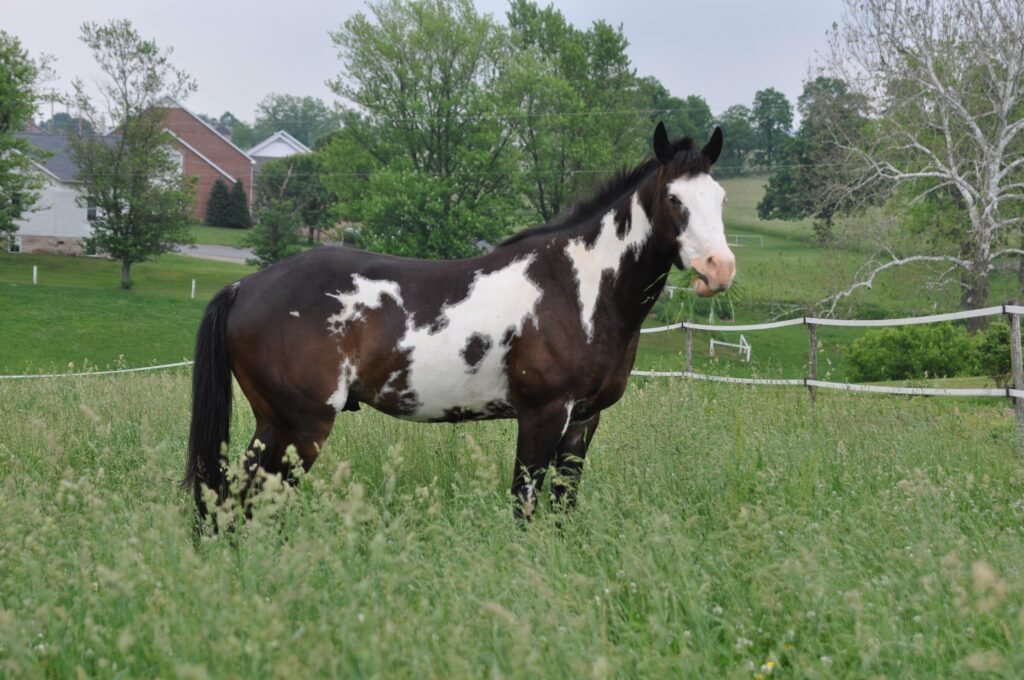
Stress in horses can stem from a variety of sources, including environmental changes, lack of socialization, and physical discomfort. Understanding the basics of equine stress is the first step in identifying it. Stress manifests both physically and behaviorally in horses, and it can have adverse effects if not addressed. As prey animals, horses are naturally cautious; thus, small changes in their behavior or demeanor might indicate stress. Being mindful of their nature can help you decode these subtle signals effectively.
Changes in Eating Habits: A Telltale Sign
One of the early indicators that a horse may be experiencing stress is a change in eating habits. Horses usually have a consistent feeding pattern. Any significant reduction in appetite, or conversely, an increase in their consumption, can be a red flag. Stress might cause a horse to shy away from food, resulting in weight loss and nutritional deficiencies. Monitoring your horse’s daily feeding routine and promptly addressing deviations can mitigate these issues.
Altered Sleeping Patterns: Subtle but Significant
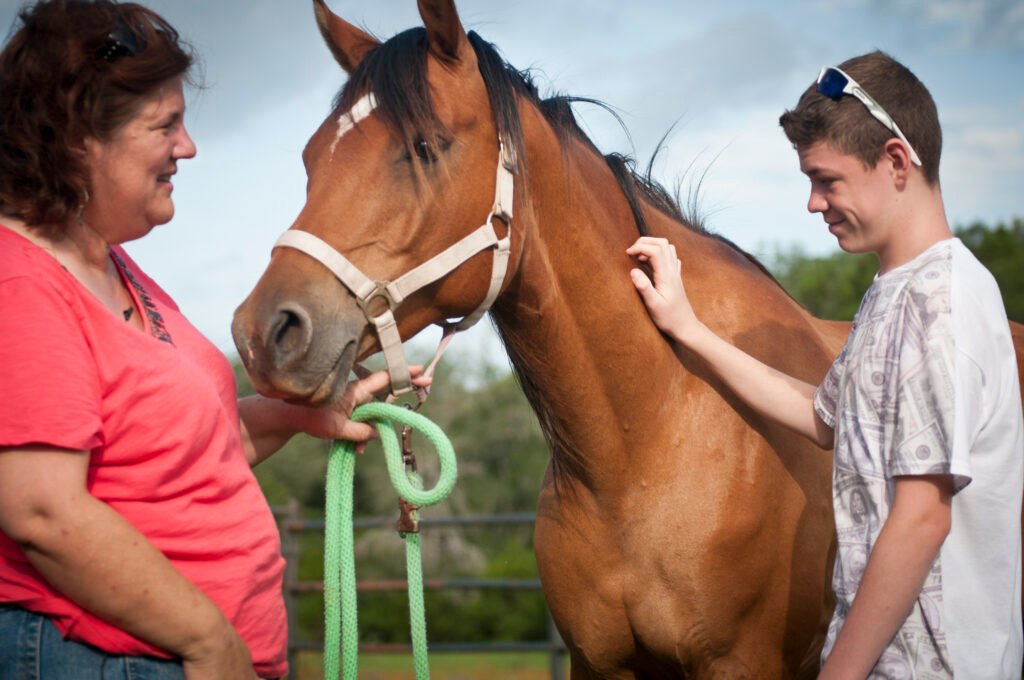
Like humans, horses require adequate rest. A stressed horse may experience changes in sleeping patterns, either sleeping more frequently or suffering from sleep deprivation. Stress can cause frequent restlessness, a reluctance to lie down, or increased periods of standing sleep. Over time, insufficient rest can affect your horse’s energy levels and mood, making it crucial to identify and address these signs early.
Behavioral Changes: A Window to Inner Distress
Horses often reveal their stress through changes in behavior. Signs such as increased irritability, withdrawal, or sudden aggression should raise immediate concern. For example, a previously sociable horse may become withdrawn or overly reactive to stimuli. Paying attention to such behavioral shifts can help determine the source of stress and encourage prompt intervention.
Patterns in Pacing and Weaving: Physical Manifestations of Stress
Movement patterns like pacing and weaving commonly signify stress in horses. These repetitive behaviors, often called “stall vices,” reflect pent-up anxiety or excess energy. Horses might pace back and forth along fences or weave from side to side in their stalls. While these actions may seem minor, they indicate that a horse is feeling overwhelmed and needs relief.
Excessive Sweating Without Physical Activity

Unexpected sweating, unrelated to physical exertion or warm weather, is another indicator of stress. This can occur due to a sudden increase in adrenaline as a response to stress. Observing a horse that is sweaty without any apparent reason warrants further investigation to uncover potential stressors or underlying health issues.
Tail Swishing: More Than a Bug Deterrent
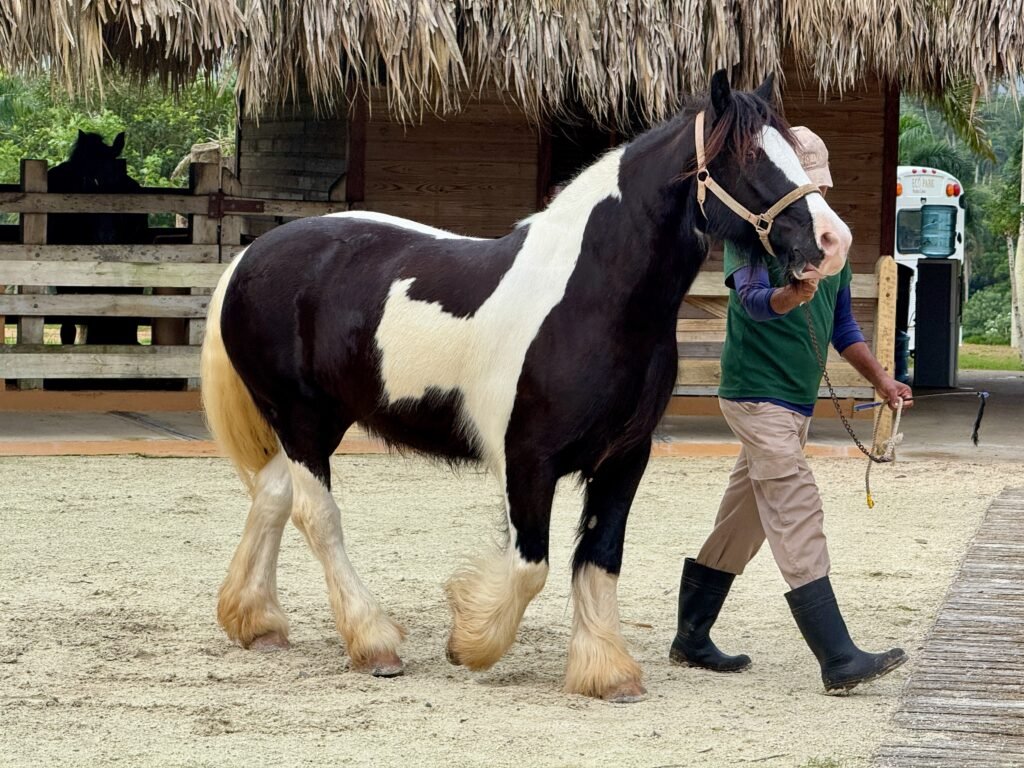
While horses naturally swish their tails to ward off insects, excessive or vigorous tail swishing can be a sign of irritation or discomfort caused by stress. This behavior might be an attempt to express frustration or agitation. Observing when and why this occurs can help pinpoint possible stress triggers that need addressing.
Ear and Eye Expression: Unspoken Communication
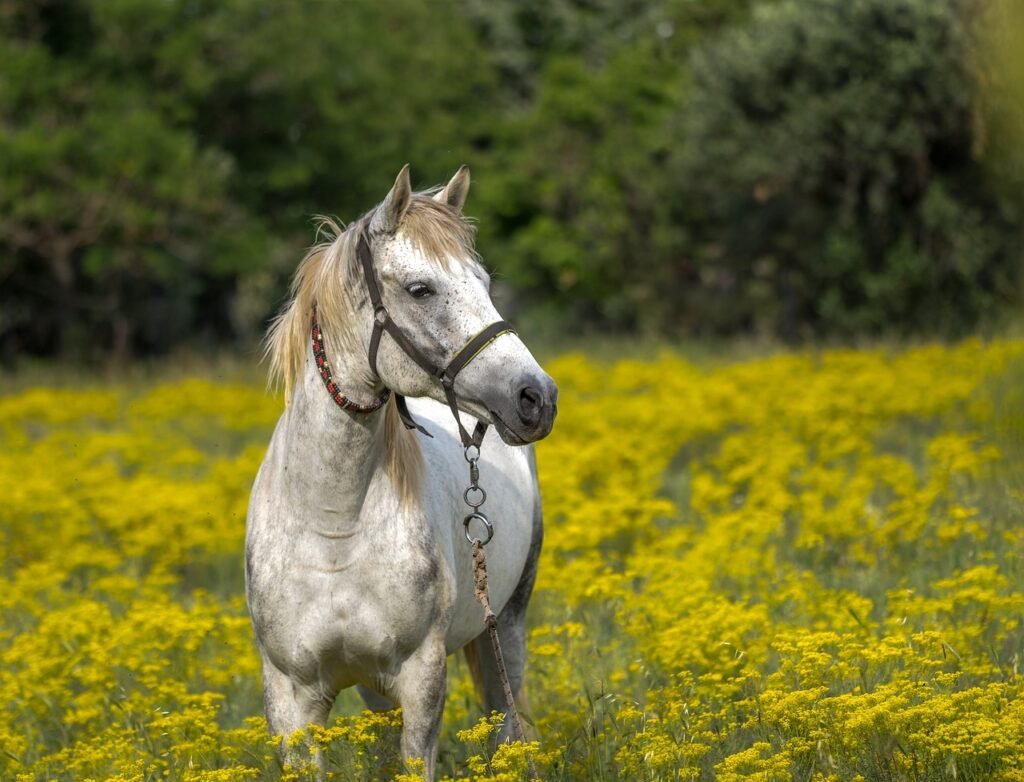
Horses communicate a great deal through their ears and eyes. Signs such as rapidly moving ears, pinning them back, or displaying whites around the eyes can all indicate stress. Being tuned in to these non-verbal cues enables you to better understand your horse’s emotional state and address feelings of unease before they escalate.
Reluctance to Be Mounted or Handled
If a horse suddenly becomes hesitant to allow you to mount or seems resistant to handling, stress might be the cause. Horses experiencing stress may exhibit heightened sensitivity to touch, making them averse to interaction. Investigating the cause of this reluctance can help identify aspects of their environment that may be causing stress.
Frequent Health Issues: Stress’s Physical Toll
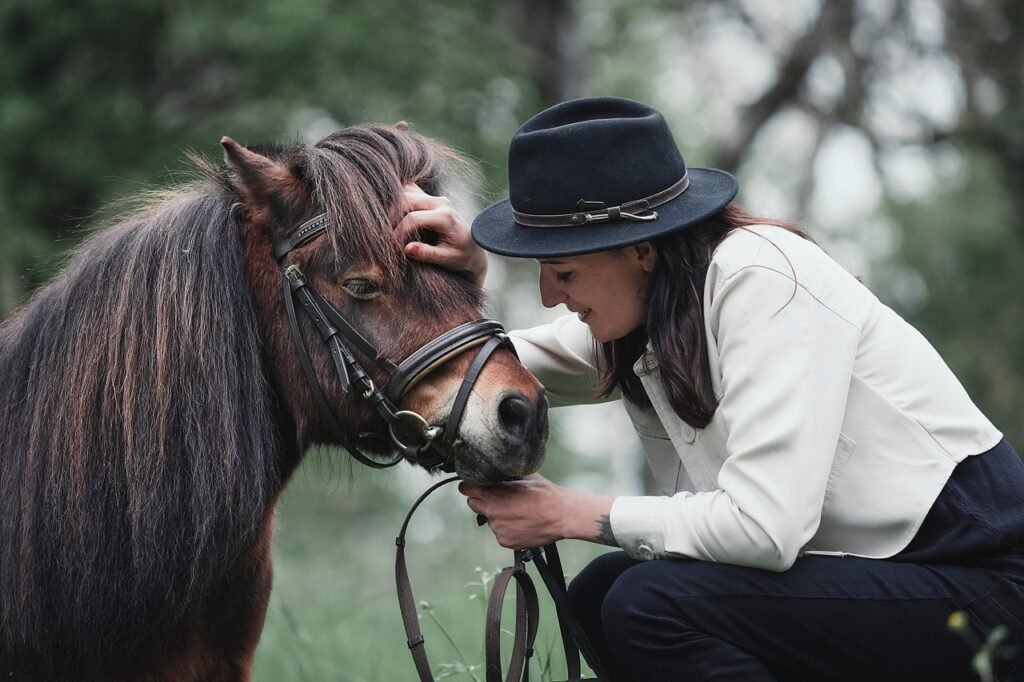
Over time, chronic stress can weaken a horse’s immune system, making them more susceptible to health issues such as colic or respiratory conditions. Recurrent health problems without other obvious causes should be examined as potential signs of stress. Maintaining regular check-ups with a veterinarian can help manage and alleviate stress-related health impacts.
Recognizing the early signs of stress in your horse ensures that you can take action to improve their living and emotional conditions. By paying closer attention to their behavior, eating patterns, and physical signs, you can prevent more severe issues from developing. Just like any member of your family, horses thrive in environments where they feel safe, comfortable, and well-cared-for. Taking the time to understand and address stress signals strengthens the bond with your horse and enhances the quality of life for these magnificent animals.